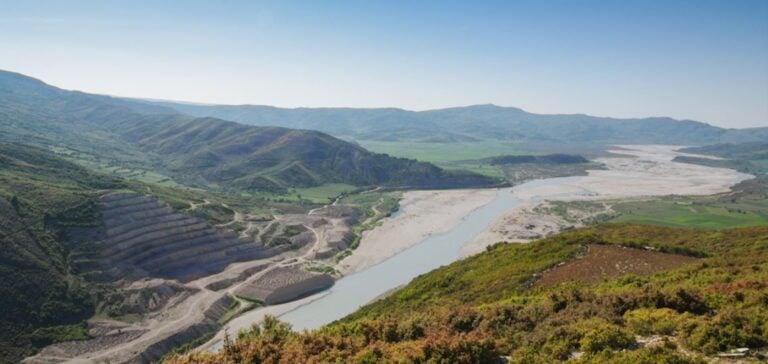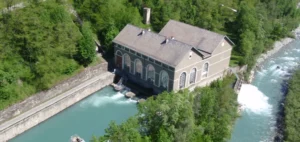The rivers of the Balkans, some of the cleanest and wildest in Europe, are under serious threat from the proliferation of hydroelectric dam projects, according to a report by the NGO ClientEarth. If implemented, these projects could irreversibly damage this ecosystem, which is rich in biodiversity.
Impact of hydroelectric dams on the ecosystem
The Balkans are home to largely untouched rivers, considered crucial reserves for European biodiversity. However, over 3,400 hydroelectric power plant projects are threatening the integrity of these rivers, endangering many endemic river species. The ClientEarth report underlines the importance of these rivers for biodiversity, but warns of the irreversible damage these projects could cause. One of the key points raised by the report is the systematic non-compliance with European environmental standards by the countries of the Western Balkans, which are candidates for membership of the European Union. Although these countries are required to carry out impact studies for every project, these are often superficial or incomplete.
Deficiencies in environmental compliance
The countries of the Western Balkans, including Albania, Bosnia-Herzegovina, Serbia, Kosovo and Montenegro, must comply with European environmental directives if they hope to join the European Union. However, the impact studies carried out are frequently described as administrative formalities rather than rigorous assessments. Ulrich Eichelmann, from the NGO Riverwatch, criticizes these studies, claiming that they are often biased to minimize environmental impacts and satisfy legal requirements without respecting their spirit. Amélie Huber of ClientEarth agrees, explaining that many studies are a cut-and-paste of other projects, with no real research or evaluation in the field. This allows dam projects to go ahead without sufficient opposition, threatening the Balkan river ecosystem.
Potential consequences and solutions
The proliferation of hydroelectric dams in the Balkans could lead to the privatization of water resources, hitherto regarded as common property. This situation could not only damage the environment, but also affect the local communities who depend on these rivers for their livelihoods. The experts call for a strict revision of environmental assessment procedures and greater involvement of local communities in decision-making. It is essential that Balkan governments take European environmental directives seriously, and ensure the protection of their precious natural resources. The rivers of the Balkans are an ecological treasure that deserves rigorous protection. Hydroelectric projects must be carefully scrutinized to avoid irreversible damage. Only a sincere commitment to environmental sustainability can guarantee the preservation of these ecosystems for future generations.






















